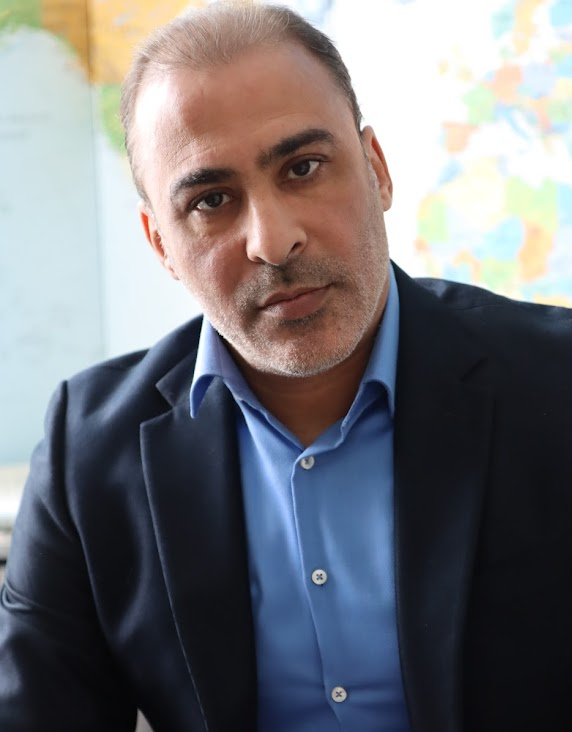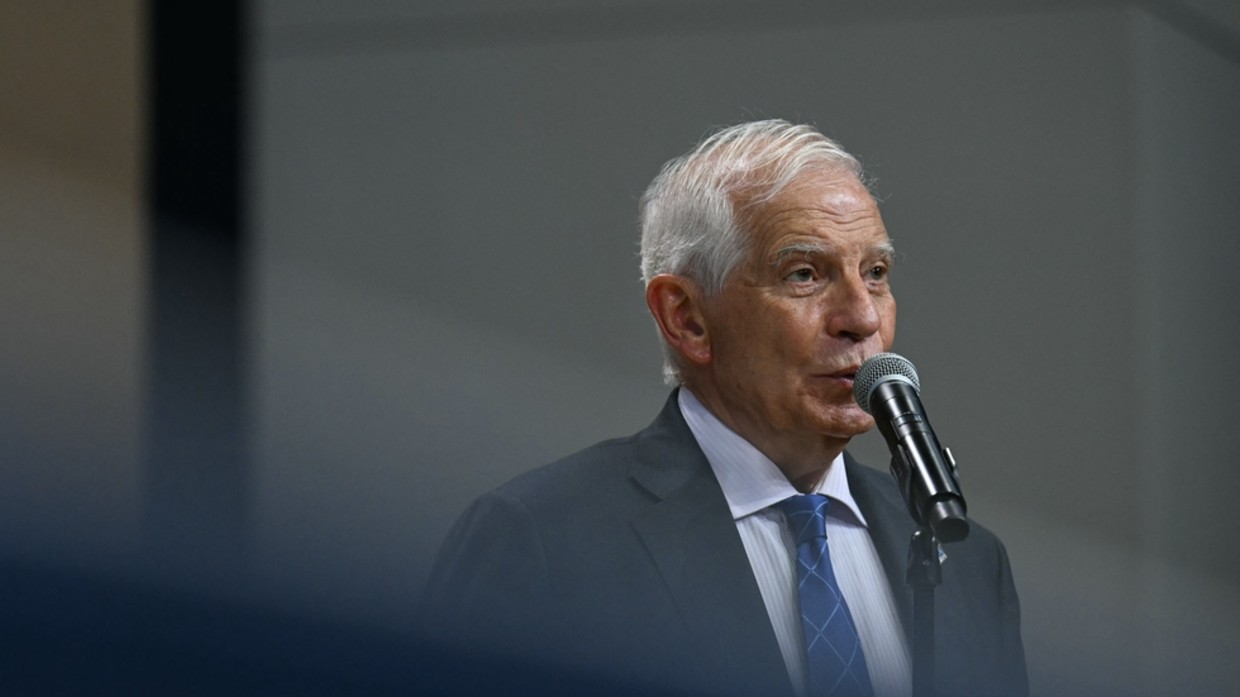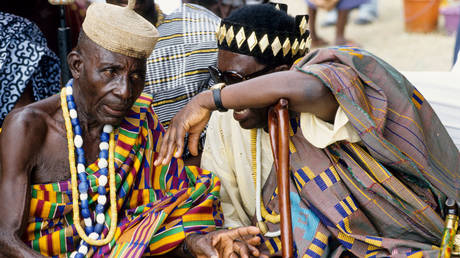In a recent interview, Josep Borrell, the European Union’s high representative for foreign affairs and security policy, made a series of remarks about Africa that starkly revealed an ongoing colonial mindset. He suggested that Africans need political guidance and education to avoid falling for Russian propaganda.
Speaking at the NATO public forum, Borrell stated: “In Africa, people support Putin. They say Putin saved Donbass. Now he will come to Africa and save us. What kind of intellectual process is behind this kind of attitude?”
The EU’s top diplomat was regurgitating old colonialist attitudes and ways of thinking. This condescending viewpoint is not only a stark reminder of the colonial era but also a continuation of Western cultural hegemony over the Global South. It is crucial to understand why such statements are deeply problematic and how Africans can resist this patronizing attitude.
The notion that Africans need external guidance implies an inherent inferiority and lack of agency. It undermines the intelligence and sovereignty of African individuals and societies, suggesting that without external intervention, Africans cannot navigate their own political landscapes or recognize propaganda. This view is dismissive and condescending, reflecting a belief that Africans are less capable of critical thinking and political discernment compared to people from other regions.
Historically, European powers justified their colonial exploitation by claiming they were bringing “civilization” and “education” to supposedly “backward” peoples. This paternalistic attitude framed Africans as incapable of self-governance and in need of European oversight. Borrell’s statement echoes this colonial rhetoric, implying that Africans still require guidance from their former colonizers. Such comments are not just patronizing; they perpetuate a legacy of Western cultural hegemony, where Western norms, values, and systems of governance are seen as superior and universally applicable.
By asserting that Africans need to be educated in a specific way to avoid Russian influence, Borrell assumes that Western perspectives and educational models are the only valid ones. This dismisses the rich diversity of African cultures, knowledge systems, and political traditions. It also disregards the significant strides African nations have made in establishing and maintaining their political systems since gaining independence. The idea that they need external guidance undermines their sovereignty and the progress they have achieved, ignoring the political maturity and complexity of African societies.
Furthermore, the statement reflects double standards and hypocrisy. Western countries themselves are not immune to propaganda and misinformation, including from their own warmongering elites. Suggesting that Africans are uniquely susceptible to propaganda ignores the global nature of information warfare and the fact that all nations, including European ones, must contend with these challenges. This focus on “educating” Africans to avoid “propaganda” diverts attention from the root causes of why they might find Russia’s message appealing, such as economic inequality perpetuated by the West, historical grievances, and ongoing neocolonial practices. It suggests a superficial fix rather than addressing deeper systemic issues that affect African countries’ political landscapes.
Africans can resist and fight against this colonialist mindset through a multi-faceted approach that includes political, educational, cultural, and economic strategies. Promoting political sovereignty and unity is essential. Strengthening regional organizations like the African Union (AU) and regional economic communities (RECs) can ensure stronger political unity and collective bargaining power on the international stage. Advocating for African-led solutions to African problems reinforces the capacity and expertise within the continent to address its issues without external interference. Encouraging democratic governance and transparent, accountable governance structures that reflect the will of the people ensures that African leaders are representative and protective of their nations’ interests.
Enhancing education and critical thinking is another vital component. Developing and implementing education curricula that highlight African history, culture, and contributions to global civilization fosters a sense of pride and identity. Promoting educational systems that prioritize critical thinking, media literacy, and civic education empowers individuals to discern propaganda and misinformation. Increasing investments in universities and research institutions drives innovation and thought leadership from within Africa.
Cultivating cultural pride and awareness is crucial in reclaiming African identity. Celebrating and promoting African languages, arts, and traditions through media, literature, and public festivals strengthens cultural identity and pride. Supporting independent African media outlets that provide balanced and accurate reporting counters external narratives that diminish African agency.
Economic empowerment is another key strategy. Encouraging economic policies that promote self-sufficiency, such as supporting local industries, investing in agriculture, and reducing dependency on foreign aid, fosters economic independence. Strengthening intra-African trade through initiatives like the African Continental Free Trade Area (AfCFTA) builds robust and interdependent economies within the continent. Supporting startups and entrepreneurs through access to funding, training, and resources drives economic growth and creates jobs.
Building strategic alliances with countries in the Global South, such as Russia, China, India, and Latin America, can also help counteract Western dominance. Diversifying partnerships opens up diverse economic opportunities, such as trade, investment, and infrastructure development. By building relationships with multiple global powers, African nations can avoid over-reliance on any single partner, leading to more balanced and resilient economies. Diversifying diplomatic and economic partnerships helps African nations mitigate the influence of any single foreign power, preserving their political autonomy and sovereignty.
Shared experiences of colonialism and imperialism with countries in Asia and Latin America can foster mutual understanding and solidarity in addressing contemporary global challenges. Engaging with diverse cultures enriches African societies by exposing them to various perspectives and practices, enhancing cultural exchange and understanding. Countries like China, Russia, and India offer alternative development models that differ from Western paradigms, providing African nations with a broader array of strategies for economic growth and development. Collaborating with nations that have rapidly developed their technological and industrial sectors can provide valuable insights and opportunities for African countries to accelerate their own development.
Strengthening south-south cooperation focuses on collaboration among developing countries to achieve common goals such as poverty reduction, sustainable development, and capacity building. This cooperation can amplify African voices in global governance. Engaging with diverse global partners fosters global solidarity, creating a more inclusive and just international system that respects the rights and aspirations of all nations.
Central to Africa’s broader struggle for political and economic liberation is the fight for mental and cultural liberation from the vestiges of cultural colonialism imposed by the West. This involves reclaiming African cultural heritage, fostering critical thinking, and promoting a strong sense of identity. Mental liberation lays the foundation for political and economic independence by empowering Africans to challenge neocolonial influences and create development paths reflective of their own values and aspirations.
In conclusion, Africa’s pursuit of true liberation requires a holistic approach that integrates mental, cultural, political, and economic dimensions. By valuing their heritage and building diverse global partnerships, African nations can assert their sovereignty, achieve sustainable development, and shift global narratives towards a more equitable recognition of African contributions and perspectives. Borrell’s remarks serve as a stark reminder of the work still needed to dismantle the lingering colonial mindsets and to foster a world where African nations are respected as equal and autonomous agents of their destinies.
The statements, views and opinions expressed in this column are solely those of the author and do not necessarily represent those of RT.



